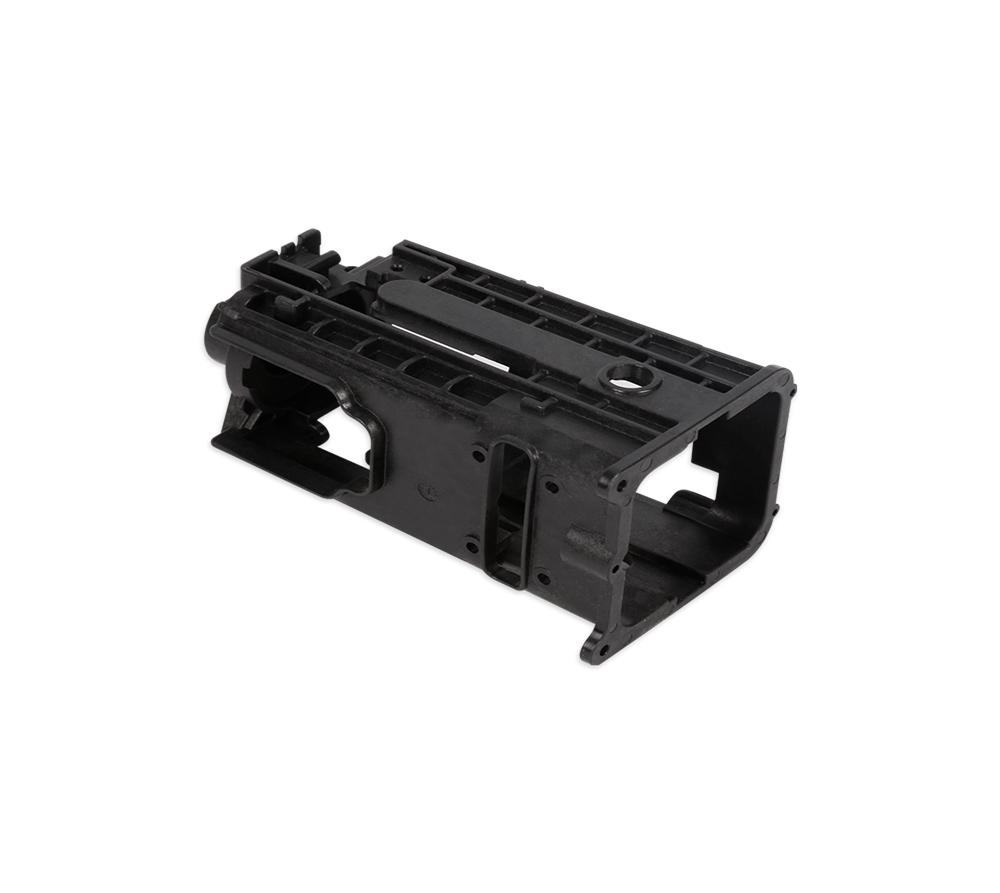Time:2024-09-18Views:1

Injection molding factories play a crucial role in the manufacturing industry, producing a wide variety of plastic products that are used in countless applications. These factories are equipped with advanced machinery and technology, as well as a team of skilled professionals who work together to ensure high-quality production.
The first step in the operation of an injection molding factory is the design and development of the product. Skilled engineers and designers use computer-aided design (CAD) software to create detailed 3D models of the product, taking into account factors such as functionality, aesthetics, and manufacturability. Once the design is finalized, a prototype is often produced using 3D printing or other rapid prototyping techniques to test and refine the design.
After the design is approved, the next step is the creation of the mold. Molds are typically made from steel or aluminum and are designed to precisely shape the molten plastic into the desired form. The mold-making process is a complex and highly specialized task that requires precision machining and careful attention to detail. Injection molding factories often have in-house mold-making capabilities or work with specialized mold makers to ensure that the molds are of the highest quality.
Once the mold is ready, the injection molding process can begin. The process starts with the loading of plastic pellets or granules into a hopper, which feeds the material into an injection molding machine. The machine heats the plastic to a molten state and injects it into the mold cavity under high pressure. The pressure is maintained until the plastic has cooled and solidified completely, forming the final product.
Injection molding machines come in a variety of sizes and configurations, depending on the size and complexity of the products being produced. Some machines are capable of producing very large parts, while others are designed for small, intricate components. The machines are also equipped with various features and controls to ensure accurate and consistent production, such as temperature control, pressure sensors, and injection speed regulators.
In addition to the injection molding machines, injection molding factories also typically have a range of auxiliary equipment to support the production process. This may include material handling systems, such as conveyors and hoists, to move the plastic pellets and finished products around the factory. There may also be cooling systems to rapidly cool the molded parts and ensure they are ready for the next stage of production. Quality control equipment, such as dimensional measuring tools and inspection stations, is also essential to ensure that the products meet the required specifications.
The production process in an injection molding factory is highly automated, with machines and systems working together to produce large quantities of products quickly and efficiently. However, skilled operators are still required to monitor the machines, perform routine maintenance, and troubleshoot any issues that may arise. These operators are trained in the operation of the injection molding machines and have a deep understanding of the plastic molding process.
Quality control is a critical aspect of injection molding factory operations. Throughout the production process, samples are taken and inspected to ensure that the products meet the required quality standards. This may involve visual inspections for defects, dimensional measurements to ensure accuracy, and functional testing to ensure that the products perform as intended. Any defective products are identified and removed from the production line to ensure that only high-quality products are shipped to customers.
Injection molding factories also place a strong emphasis on safety. The production process involves high temperatures, high pressures, and heavy machinery, so strict safety procedures are in place to protect workers. Operators are trained in safety protocols and provided with personal protective equipment, such as gloves, safety glasses, and ear protection. The factory is also equipped with safety features such as emergency stop buttons, guards, and warning signs to ensure a safe working environment.
In conclusion, injection molding factories are highly specialized facilities that play a vital role in the manufacturing industry. With advanced machinery, skilled professionals, and strict quality control and safety procedures, these factories are able to produce a wide variety of high-quality plastic products quickly and efficiently. Whether it's a small consumer product or a large industrial component, injection molding factories have the capabilities to meet the diverse needs of customers across a range of industries.

Provide free proofing service

0755-23244922 / 23400063

7*24 full service

Video live demonstration